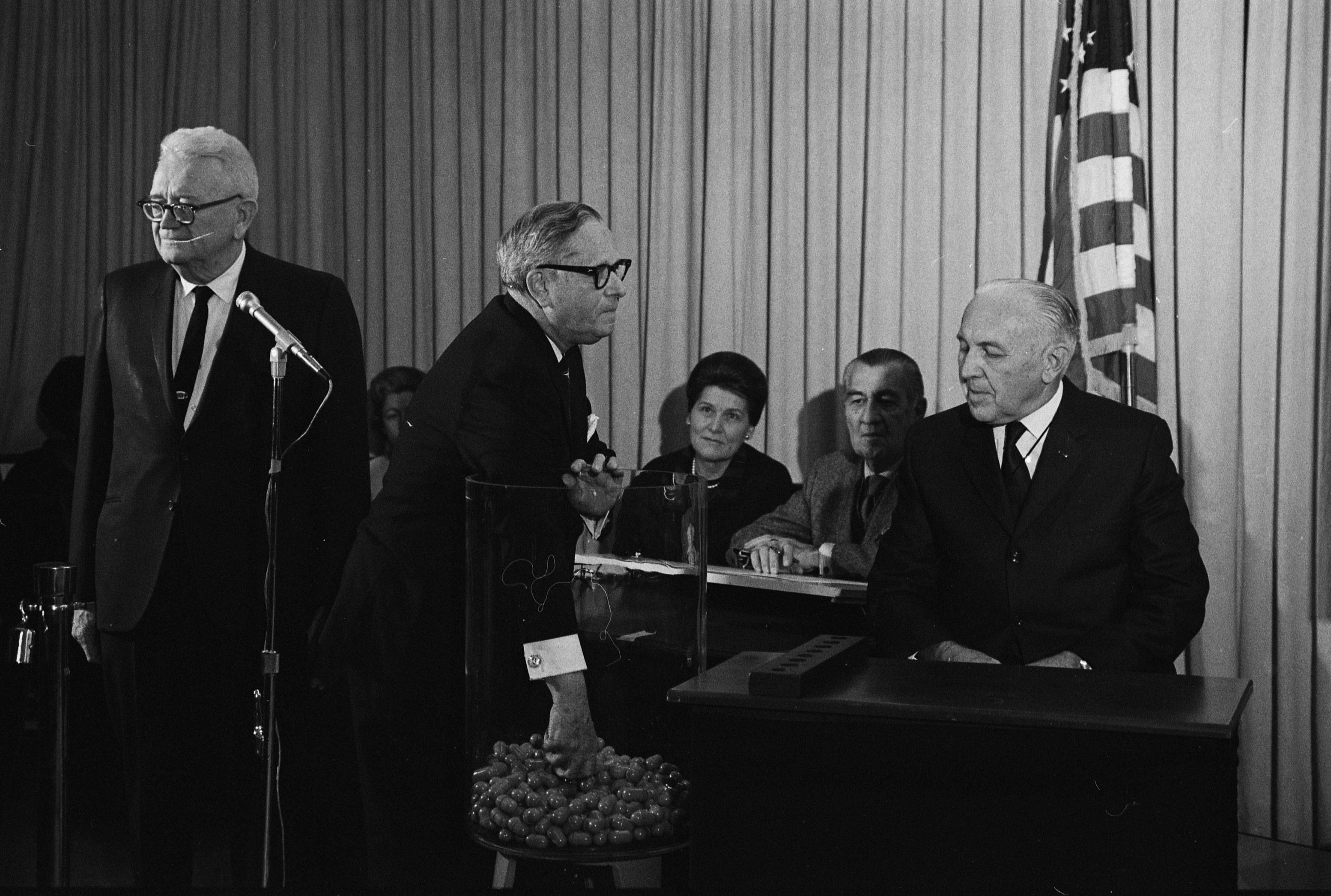
The central defense of the Obama administration’s handling of the Benghazi attacks last year is that they shouldn’t be blamed for making so many inaccurate statements about it being a spontaneous protest against an insulting video rather than a premeditated terrorist attack because even the CIA talking points held that it was the former.
Well yeah, because the White House and State Department edited the original talking points to delete any mention of it being a premeditated attack by Islamist militants. ABC News:
White House emails reviewed by ABC News suggest the edits were made with extensive input from the State Department. The edits included requests from the State Department that references to the Al Qaeda-affiliated group Ansar al-Sharia be deleted as well references to CIA warnings about terrorist threats in Benghazi in the months preceding the attack.
Specifically, State Department spokesman Victoria Nuland requested the CIA cut out the following passage:
The Agency has produced numerous pieces on the threat of extremists linked to al-Qa’ida in Benghazi and eastern Libya. These noted that, since April, there have been at least five other attacks against foreign interests in Benghazi by unidentified assailants, including the June attack against the British Ambassador’s convoy. We cannot rule out the individuals has previously surveilled the U.S. facilities, also contributing to the efficacy of the attacks.
Nuland wrote that information should be taken out because it “could be abused by members [of Congress] to beat up the State Department for not paying attention to warnings, so why would we want to feed that either?”
The original CIA draft did say that the attacks appeared to have been “spontaneously inspired by the protests at the U.S. Embassy in Cairo [against the insulting video]” but also that the Agency could confirm the involvement of “Islamic extremists with ties to al-Qaeda.”
References to al-Qaeda-affiliated groups were taken out and were therefore completely absent from administration commentary in the days following the attack.
This does seem to be a case in which the government fiddled with the truth in order to protect itself from public scrutiny. And while Republicans are aghast at the effrontery of the administration, their gripe seems to be entirely political. They see a chance to hurt the Democrats politically in this, even as the important aspects of the Benghazi incident – like the fact that it was blowback resulting from U.S. interventionism – get completely ignored.




 Rep. Charlie Rangel (D-NY),
Rep. Charlie Rangel (D-NY),  The struggle is between forces funded and armed by outside sponsors, notably Saudi Arabia, Qatar and Iran. Also participating are foreign religious groups not directly controlled by the sponsors, namely the Sunni Salafists and Iranian-aligned militias, not to mention intensely anti-Western al-Qaeda fighters. American involvement would simply mobilize the most extreme elements of these factions against the U.S. and pose the danger that the conflict would spill over into the neighborhood and set Jordan, Iraq and Lebanon on fire.
The struggle is between forces funded and armed by outside sponsors, notably Saudi Arabia, Qatar and Iran. Also participating are foreign religious groups not directly controlled by the sponsors, namely the Sunni Salafists and Iranian-aligned militias, not to mention intensely anti-Western al-Qaeda fighters. American involvement would simply mobilize the most extreme elements of these factions against the U.S. and pose the danger that the conflict would spill over into the neighborhood and set Jordan, Iraq and Lebanon on fire.